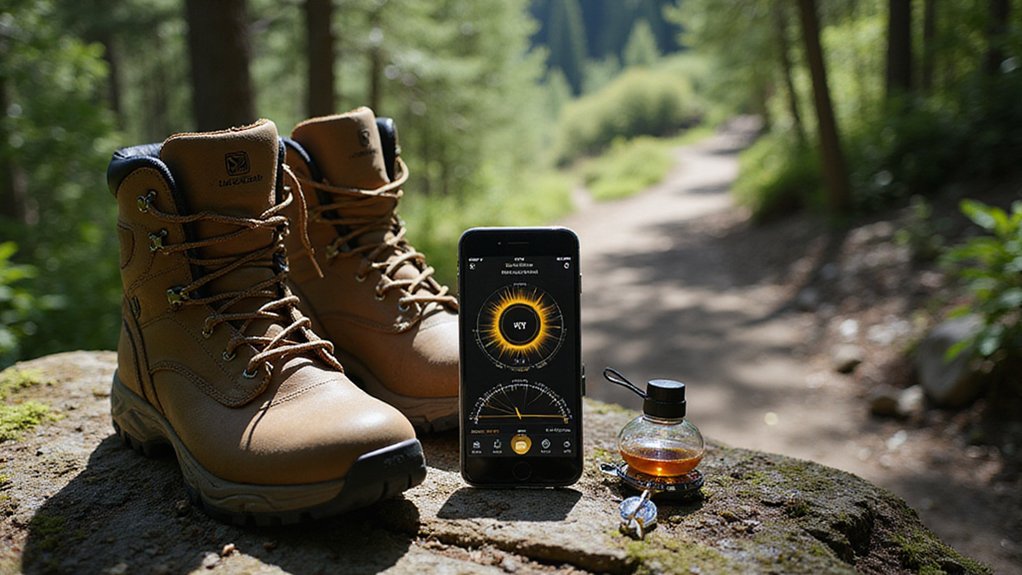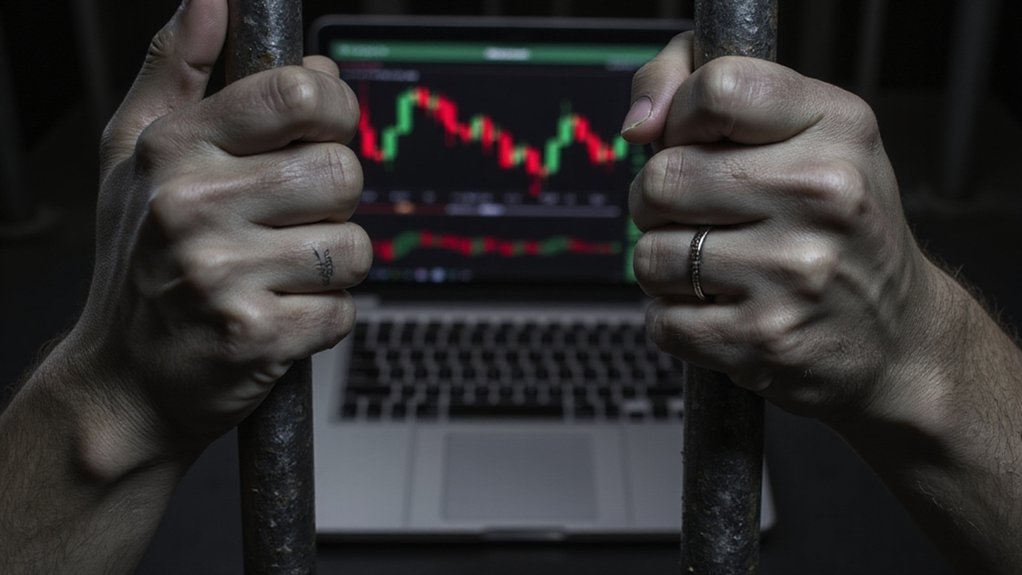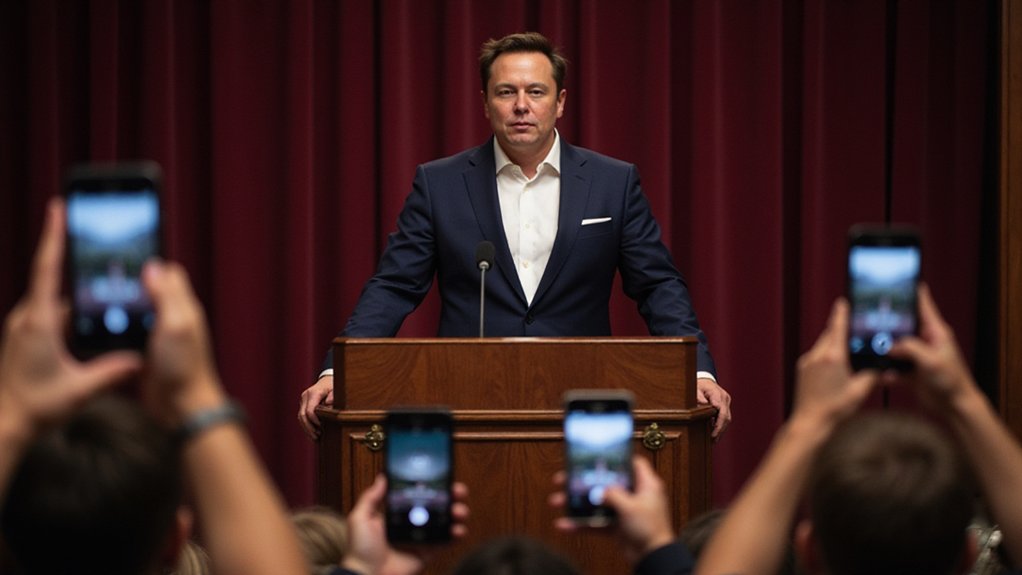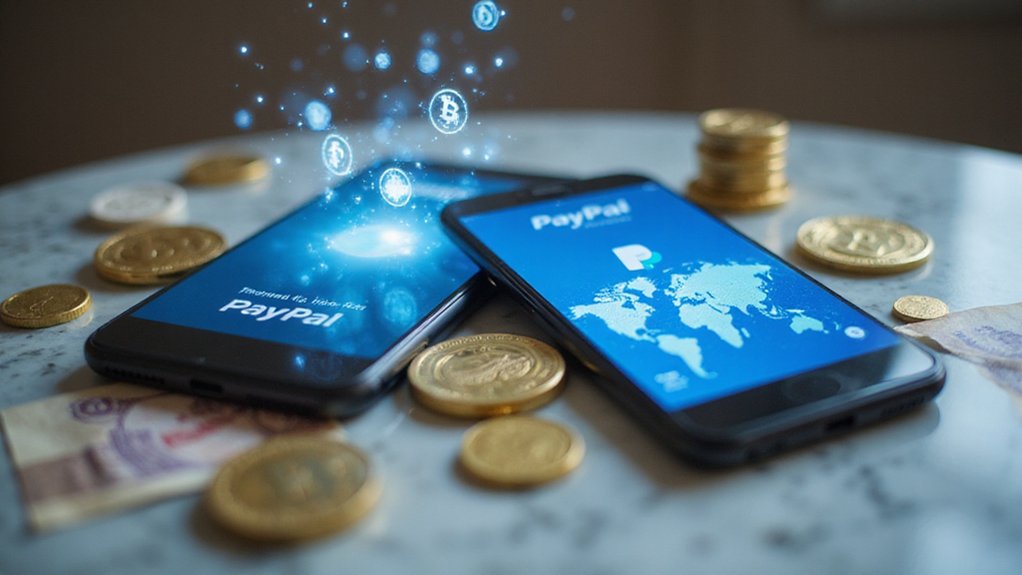In a characteristically unconventional pivot from revolutionizing digital discourse to quantifying solar radiation, Jack Dorsey has launched Sun Day, a mobile application that transforms smartphones into personalized UV exposure calculators. The Twitter co-founder’s latest venture tackles the peculiar modern predicament of digitally native individuals who’ve forgotten how to safely interact with that blazing celestial body responsible for, well, everything.
Sun Day integrates real-time UV index data with user-specific variables—skin type, clothing coverage, exposure duration—to calculate ideal sunlight sessions for vitamin D synthesis while avoiding the unpleasant externalities of resembling a lobster. The app’s algorithm considers six skin classifications (because apparently melanin production requires taxonomic precision) and provides personalized burn-time limits alongside estimated vitamin D production metrics.
The application addresses a genuinely pressing health concern: vitamin D deficiency affects populations experiencing limited outdoor exposure, darker skin tones requiring longer synthesis periods, and higher-latitude dwellers cursed with perpetual twilight. Rather than blindly prescribing supplements, Sun Day encourages informed outdoor activity—a revitalizing analog solution wrapped in digital packaging. Beyond its nutritional benefits, vitamin D functions as a crucial hormone that regulates immune responses and supports mental well-being.
Built using Goose, an open-source AI-assisted coding tool developed by Dorsey’s team, the app exemplifies the broader integration of generative AI within lifestyle applications. The publicly available source code on GitHub suggests transparency unusual for health-focused consumer products, though specific privacy policies remain unclear—a curious omission given the collection of biometric data. Sun Day follows Dorsey’s previous release of Bitchat, demonstrating his continued exploration of diverse technological applications.
The interface simplifies UV tracking through manual session logging, displaying environmental data including cloud cover and sunrise/sunset times. Users initiate exposure sessions via a prominent “Track UV Exposure” button, monitoring real-time vitamin D accumulation against burn-risk thresholds.
Such gamification of solar interaction might seem absurd, yet it reflects society’s increasing reliance on digital mediation for fundamental biological processes. Currently available in iOS beta through TestFlight, Sun Day represents Dorsey’s continued exploration of preventive health through technology. As blockchain technology continues transforming various industries, health-focused applications like Sun Day demonstrate how traditional wellness practices can benefit from technological integration.
Whether quantifying sunshine constitutes meaningful innovation or elaborate procrastination from addressing Twitter’s legacy remains debatable. Nevertheless, the app successfully transforms “touching grass” from dismissive internet parlance into measurable health optimization—a characteristically Dorsey-esque transformation of cultural vernacular into entrepreneurial opportunity.









